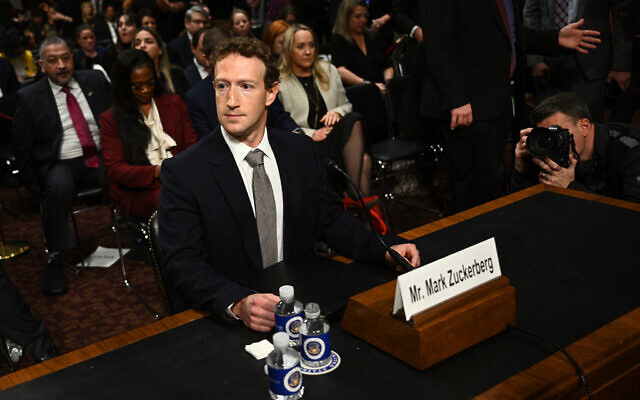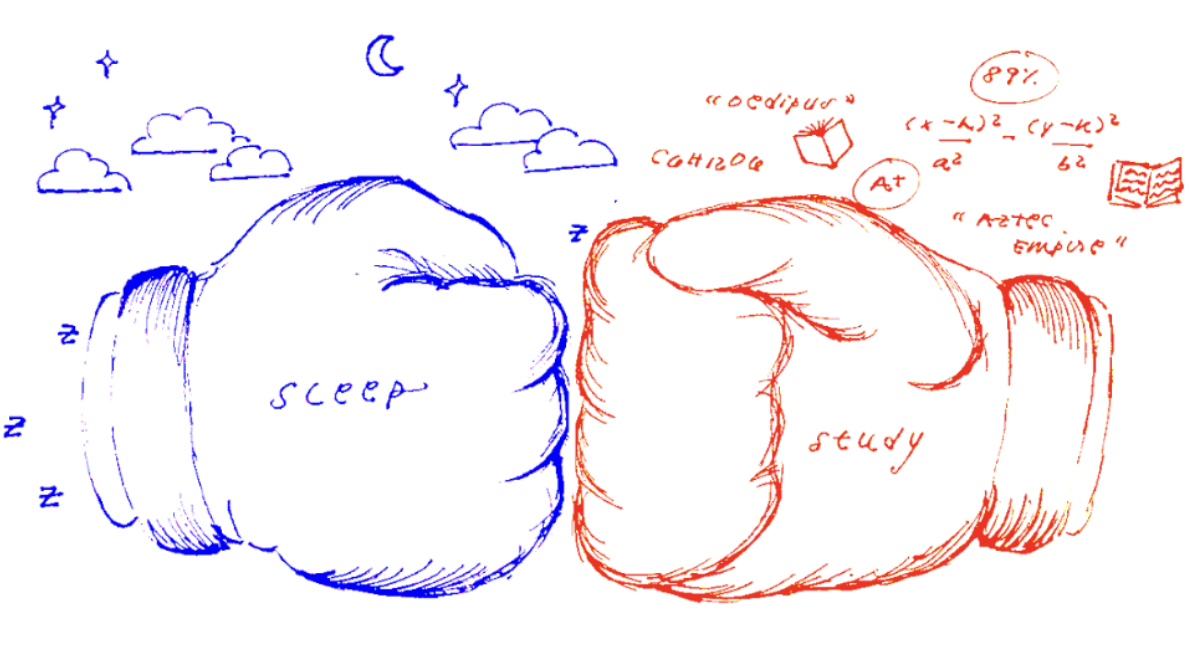On January 31, CEOs of Meta, X, TikTok, Snap, and Discord took the oath on Capitol Hill for the “Big Tech and the Online Child Sexual Exploitation Crisis” Senate hearings. Over four hours, members of the Senate Committee on the Judiciary attacked these CEOs without looking to inspire change, with Senator Thom Tillis (R-NC) threatening to “regulate you out of business if we wanted to.” Congress’ top priority is setting such regulations on big tech, but social media platforms are weary and feel their agenda is being compromised.
TikTok and Meta CEOs Shou Chew and Mark Zuckerberg faced attacks more so than their peers. While attacks on Chew were rooted in blatant xenophobia, Zuckerberg was exposed for empty promises. “Your product is killing people,” Senator Josh Hawley (R-MO) bluntly told the Meta CEO, prompting Mr. Zuckerberg to direct his gaze towards the many parents in attendance.
“I’m sorry for everything you have all been through,” Zuckerberg apologized. “No one should go through the things that your families have suffered.” He went on to cite the “industry wide efforts”—40,000 hirings made and $20 billion spent—undertaken to make their platforms safer for children.
Even though these apps have “enriched our lives in many ways,” as Senator Lindsey Graham (R-SC) conceded, “The dark side hasn’t been dealt with.” Despite the issues highlighted, social media has had many benefits: increased connectivity, collaborative digital realms, and a new job sector, to name a few. Graham touched upon this idea of balance well, but his colleagues need to get on his wavelength. Acknowledging the benefits of social media is the first step that must be taken in creating regulations, as it gives both sides the chance to best benefit.
Daily cyber tips received by the National Center for Missing and Exploited Children (NCMEC) have risen by 7,200 percent in the last decade and the number of Financial Sex torsion (in which minors are tricked into sending explicit media and subsequently blackmailed) reports by 15,800 percent. Numbers like these should have Zuckerberg worried, but he should not have to fret about keeping his company intact against accusations from senators like Tillis.
Conversely, Chew has wrongfully suffered, with TikTok being disproportionately held accountable. False links between Chew (who is Singaporean) and the China Communist Party were minutes wasted, as Hawley and Senator Tom Cotton (R-AR) did not give the CEO a chance to breathe. Concerns with dodgy Chinese security laws are valid, but the senators should have steered away from the topic after the initial, truthful response from Chew.
In the lead-up to January 31, leaked internal documents from Meta exposed Zuckerberg for denying requests to expand their child safety team, and whistleblower documents show how Instagram knew about body image issues being worsened by the app. Across the aisle, Senator Richard Blumenthal (D-CT) summarized it well. “This is why we can’t trust Meta, and, frankly, any of the other social media to in fact grade their own homework.” Social media platforms must be held accountable, Meta especially, but criticism must stay concentrated on issues at hand: child safety, exploitation prevention, and the proper utilization of social media.
A large consumer base uses these platforms maliciously, but the benefits of social media are too great to eliminate them altogether. Instead, Congress should look to aid the social media companies in a guiding role, acting as a regulatory third party to create a safer future for teenagers online. Despite a difficult, controversial, and frustratingly unproductive hearing, simple mindset changes from both Congress and big tech can steer the child safety crisis in a positive direction.








